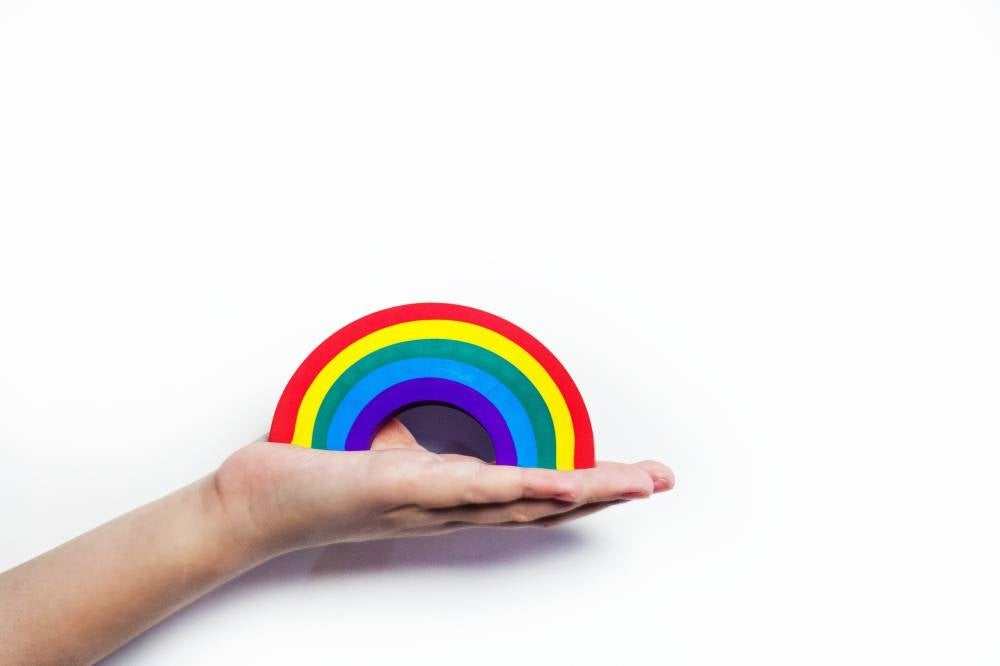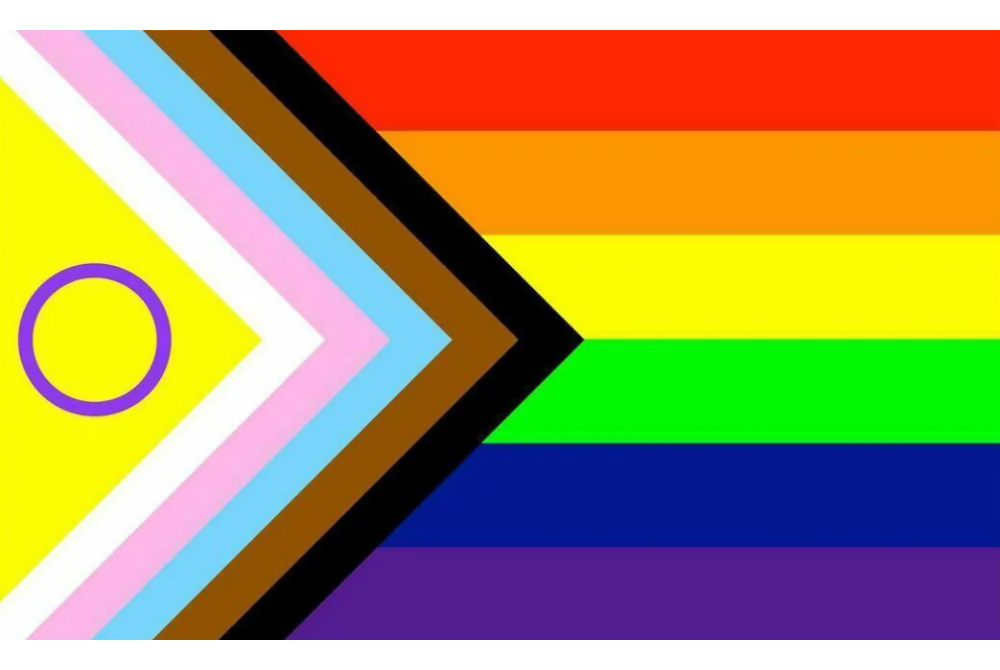Separating rainbows from the LGBT pride movement

When you see a rainbow symbol, do you automatically associate it with the LGBT pride movement?
For decades since its establishment, the rainbow has been universally recognised as a symbol of the LGBT pride movement.
In the late 1970s, an artist from San Fransisco named Gilbert Baker designed the pride flag at the behest of Harvey Milk, who was the first openly gay American politician.
Over the years, the design of the pride flag has changed. While it started out with six colours, it now includes 10 colours to be more inclusive to represent people of colour and broader queer narratives.
The term LGBT has now expanded to LGBTQIA+ . But for short, let’s just stick to LGBT.

Despite the evolution of the flag design, rainbows are still largely associated with the LGBT community, dividing communities over their views on rainbows, ultimately creating an ideological war.
In 2020, a Russian ice cream maker was accused of spreading homosexual propaganda among children with its rainbow-striped ice cream.
Women’s Union of Russia chairwoman Ekaterina Lahkova urged Russia’s president Vladimir Putin to take action against the company.
This was in line with the country’s gay propaganda law which forbids any promotion of LGBT.
How do we separate rainbows from the pride movement? More so for children, how do we take back or own rainbows for them without associating it with LGBT?
Rainbows are what they’re supposed to be - rainbows.
In fact, they are more dear to us than we realise. There are rainbow-themed desserts, rainbow-themed birthday parties, and more.
If you take a look around us, there are many hot spots in Klang Valley decorated with rainbows. Pusat Sains Negara has rainbow window panels decorating its dome. There is a rainbow bridge at Elmina Valley where locals have flocked to take photos and there is a dazzling rainbow-themed mural fills a back alley amidst the busy streets of Changka.
These are just some, amongst others.
But they are nothing more than tourist attractions and insta-worthy spots.
As adults, it’s imperative we educate ourselves well enough to separate rainbows from the pride symbol.
The representation of the rainbow is merely the tip of the iceberg to a host of conversations surrounding the queer narrative. But it shouldn’t narrow our outlook on rainbows.
When speaking with young adults, they should be educated with non-misleading information about biological science and should know the differences between males and females.
International Women’s Alliance for Family Institution and Quality Education (WAFIQ) president Professor Dr Rafidah Hanim Mokhtar said there are ways to talk about rainbows with small children without associating it with gender ideologies.
“Talk to small children about rainbows as a scientific phenomenon that is dear to us. It is after all a creation by Allah SWT. Highlight the rainbow in its true meaning.
“There is nothing wrong with appreciating rainbows as it is, we shouldn’t be afraid of rainbows.
“They are beautiful, it’s a scientific phenomenon. It’s about the interaction between light and rain.
“Unless they put up a rainbow symbol which comes with the word pride, then that becomes propaganda.
“Just like the famous watch brand Swatch which released its “Pride Collection”, that is obviously propaganda”, said Dr Rafidah.
Whether the act of seizing the watches appropriate? Yes, said Dr Rafidah.
“This is not just a religious issue, it’s a parental issue. If you ask parents, they are not happy with this, even the non-muslim parents. It’s about the corporates helping to inculcate a dangerous ideology,” she said.
Dr Rafidah said this is not to deny the existence of the LGBT community. However, in the LGBT community, there are those that are demanding basic rights, trampling on our values. And these voices are getting louder.
They are trying to influence our youth to think they are in the wrong set of bodies and push for certain policies and recruit people who may not be transgender or queer but assist in demanding recognition. These people become their allies, she said.
“Demanding that you change your identity is not a basic right. If you do that you mess with customs, you mess with medicine.
“Medics assume gender all the time because of urgency. If you are a woman with abdominal pain, then doctors will already have a list of diagnoses, and it’s the same for men.
"We are working to fight against this, and it starts with education and law," she said.
As we end the month June, a month that is internationally celebrated as Pride Month, we should reevaluate how we perceive rainbows and if it carries a different meaning than its true purpose, which is nature's way of reminding you that after the storms in your life there is hope for something beautiful and better.











